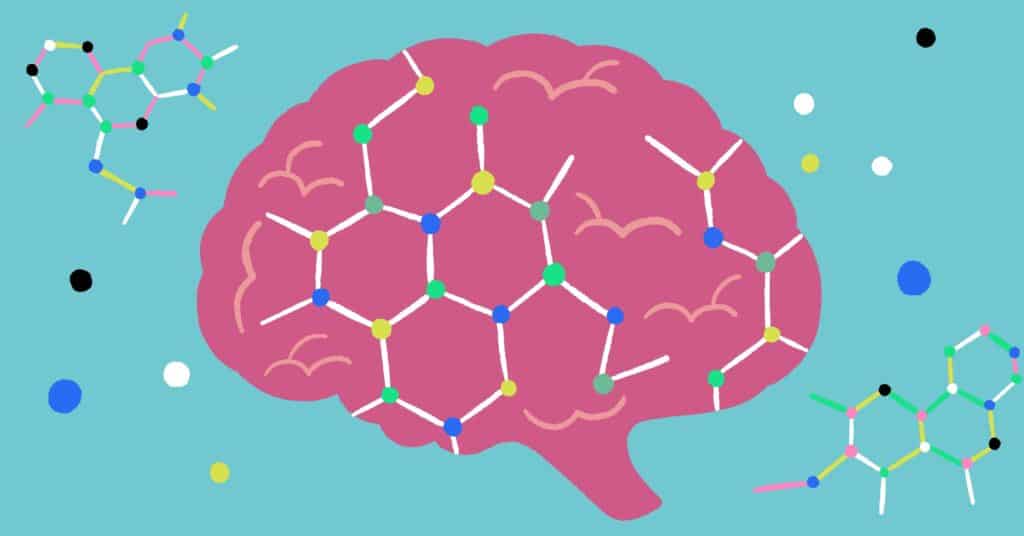
By Brian Wu, MD, PhD
Whether your child has been newly diagnosed with ADHD or if you have been learning to live with this condition for a long time, understanding more about its underlying causes is important. One particular aspect of this — understanding the brain and how neurotransmitters work with the brain and affect ADHD — can seem intimidating to delve into.
Still, it can be worthwhile to have a better idea of how neurotransmitter issues may cause some classic ADHD symptoms, and how medications can help.
What are Neurotransmitters?
If you are a parent of a child with ADHD, understanding the brain itself and how neurotransmitters in the brain work is an important part of understanding this diagnosis.
Larry Silver, MD, writing in ADDitude magazine, explains that the brain is made up of millions of nerve cells, called neurons, all packed fairly tightly together in the skull. These neurons are responsible for our interacting with the environment through vision and hearing, thoughts and control of important bodily functions. However, in order to function properly, these neurons have to be able to send messages to one another.
This is where neurotransmitters come into play. According to Psych Central, neurotransmitters are chemicals produced in your brain that serve a very important purpose: They enable the nerve cells to communicate with one another. There are many different neurotransmitters, including dopamine, serotonin, epinephrine and norepinephrine. Each of them have particular jobs to do in the nervous system.
Why are Neurotransmitters Important to ADHD?
So what roles can neurotransmitters play in ADHD? Scientists writing in the journal Neuropharmacology note that research in this field has largely focused on one neurotransmitter in particular: dopamine. Studies have found that a malfunction in the way dopamine signaling occurs in the brain could be responsible for some of the symptoms associated with ADHD.
Dopamine is both a neurotransmitter and a hormone. Like other neurotransmitters, it has a particular set of functions. In this case, it helps with skills like getting the motivation to complete tasks. It also contributes to how well someone learns and remembers things. The Cleveland Clinic notes that when dopamine levels are low (as can be the case with ADHD patients), it can result in difficulty with controlling emotions, difficulty with organization, self-esteem issues, worry and stress, and poor impulse control. These are many of the challenges you or your child may be experiencing.
Dopamine and ADHD Meds: What is the Relationship?
But you may want more than just a better understanding of neurotransmitters and ADHD. You may want to better understand the medications that we use to treat it — a decision that many parents of children with ADHD especially struggle with. A study published in PLOS One notes that the gold standard for medication treatment of ADHD remains stimulant drugs — including methylphenidate or amphetamine. These stimulants have been used for decades. They act by increasing levels of dopamine in the brain and have been associated with symptom improvement.
Understanding why and how a medication is working can relieve a lot of parental anxiety. Dr. Silver notes: “I have found that parents often feel better about ADHD medications when they understand a bit about neurotransmitters, the remarkable compounds that govern brain function.”
In short, the science underpinning an ADHD diagnosis can seem intimidating for anyone with ADHD, or the parents of a child with ADHD. But diving into this subject can be rewarding in the long run because it offers more of an explanation for the signs and symptoms that children with this condition struggle with.
Better understanding of common ADHD medications can also help parents make a decision on whether to treat their children with medicines. All of this is important to help people with ADHD thrive.






